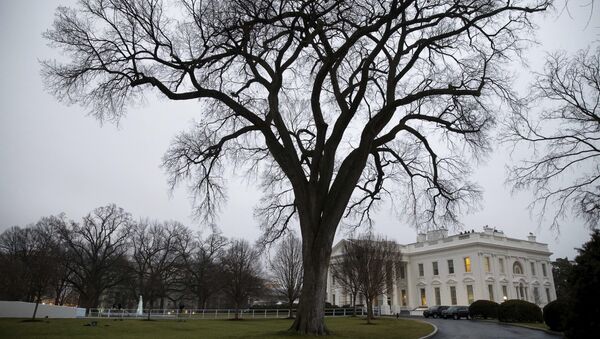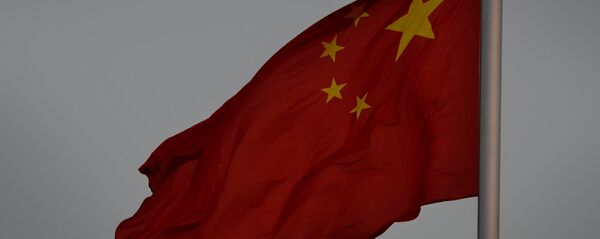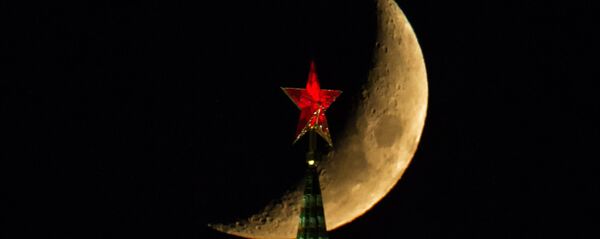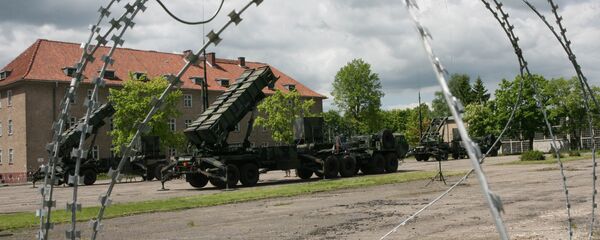Mr. Mattis’ speech confirms that any lingering idea or hope that the Trump administration will reorient relations with Russia on a more positive footing than before is as dead as the proverbial Dodo. Instead, it leaves those countries that refuse to accept the writ of the Empire no option but to draw closer in common cause against it – economically, militarily, and geopolitically.
READ MORE: Ex-CIA Officer: US Defense Strategy Targets Russia, China Despite No Threat
Whether wittingly or unwittingly, Mr. Friedman elided from his brutally forthright argument for US hard power as the harbinger of a new Enlightenment the third element in the Holy Trinity of US hegemony – viz. that the projection of economic and military power requires its cultural adjunct in the shape of the domination of cultural ideas and the news narrative by which those ideas are shaped in the minds of peoples around the world. And those ideas, as well known, are loosed upon the world on a 24/7 basis by the New York Times, CNN, the BBC, Guardian newspaper, and so on.
This cultural imperialism – for a species of imperialism is what it is — is crucial, as upon it rests the ideological nostrums that underpin Western liberal democracy.
Daring to challenge and contest the West’s cultural hegemony is the real reason Russian media has and continues to be subjected to a full-on assault. Indeed how could it be otherwise considering that RT and Sputnik have effectively laid bare the hypocrisy, double standards, and mendacity of an empire that extends itself in trying to dress up the snarling beast of hegemony and domination in the garb of democracy.
Mr. Mattis in his speech also had the temerity to describe Russia and China as ‘revisionist powers’, this for daring to refuse to bow to the diktat of a country, the United States, whose ruling class has long arrogated to itself the right to rule the world. Russia’s real crime, to adopt the ideological lens of Western ideologues for a moment, began with its refusal to acquiesce to its designated status as yet another wholly owned subsidiary of Washington in the wake of the collapse of the USSR, successfully resisting the imposition of free market economic shock treatment, administered with the aim of keeping the country on its knees.
"Our military's role is to keep the peace," Mattis claims. That he spoke those words while managing to keep a straight face count as an impressive achievement.
Ask the people of Iraq about the role of the US military in keeping the peace. Or how about the people of Libya? Ask the people of Syria, given Washington’s efforts and success in prolonging the conflict and chaos there. Then there’s Afghanistan, where thousands of civilians have perished under US and NATO bombs over the past decade and more. Keep the peace? Mr Mattis, in the inimitable words of tennis legend John McEnroe, "you can’t be serious."
Unless that is, Defense Secretary Mattis meant a Roman peace — a Pax Americana, if you will – one which in truth describes subjugation and domination. The essence of such a ‘peace’ was most powerfully outlined by the Roman historian Tacitus.
Mr. Mattis and those of his bent should pay more attention to history. For its one salient lesson is that empires rest on foundations of sand, and that those who seek to dominate merely succeed in precipitating their own demise.
The views and opinions expressed by John Wight are those of the author and do not necessarily reflect those of Sputnik.







